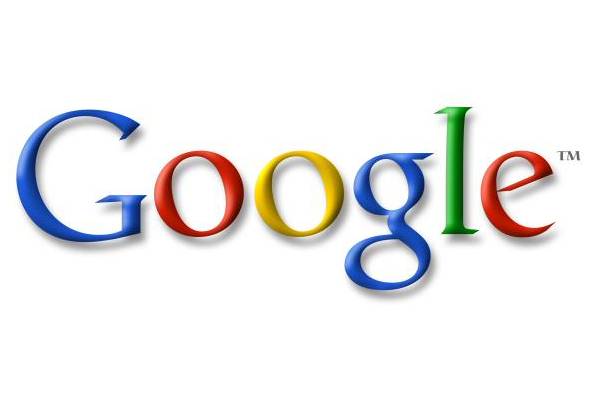While we were just getting used to the idea of Google working towards being a social media giant apart from being the search giant, they have just now announced about the Motorola Mobility acquisition.
Many of you who use Android devices might be aware of the fact that Motorola has been a long standing and consistent supporter and adopter of Android OS. Until January 2011, Motorola Mobility was what the Mobile Devices division of Motorola used to be. The adoption of Android OS by Motorola was one of the first in the market, and when Motorola announced the Droid in 2009, the company had taken a different path in mobile technology altogether.
Google co-founder and CEO Larry Page has revealed that acquiring Motorola would help Google not only to focus on Android Smartphones and devices but also would give Google access to Motorola’s plethora of patents. Motorola has about 14,600 granted patents and 6,700 pending patent applications all over the world. Mr. Page also revealed that one of the reasons why Google chose to acquire Motorola was because it is a market leader in video solutions and home device businesses. He admitted that acquiring Motorola would protect Android from ‘anti-competitive strategies’ used by Apple, Microsoft and other companies. He insisted that Android would however remain open.
Surprisingly, LG, Samsung and Sony Ericson have spoken in favour of Motorola’s acquisition and we must keep in mind that they too use the Android OS for their mobile devices. Before we try and analyse what the implications of this acquisitions could be, you might want to know that Google paid almost $40 per share to buy Motorola Mobility, and the total amount was approximately $12.5 billion. Now, it is pretty clear that Google is planning to not only establish itself as an Internet giant (Google+, internet advertising and search related services and products), but also try and become a market leader in areas such as mobile devices, home devices and video solutions.
Perhaps it makes sense in a way, as Android serves as a platform for devices no matter where they are used, online or offline. Devices that run on Android OS can be found not just in mobile phones, but also on gadgets that serve home, video and other areas. Moreover, most of these devices connect to the Internet either to share or receive information, which is where Google’s strength as a company comes into being. Google surely is already on its way of becoming the oligarch on the Internet, but it remains to be seen how strong the company could become offline.
Google already has the advantage of being a household name, being the most successful Internet company, and also enabling one of the most powerful mobile operating systems ever created, the Android. It remains to be seen if the giant company can really succeed in its foray into an area which not only involves mobile devices but also household devices and video technology. It is an intriguing situation where businesses are divided in their opinions about the existence and non-existence of a possible Google’s Achilles’ heel.











